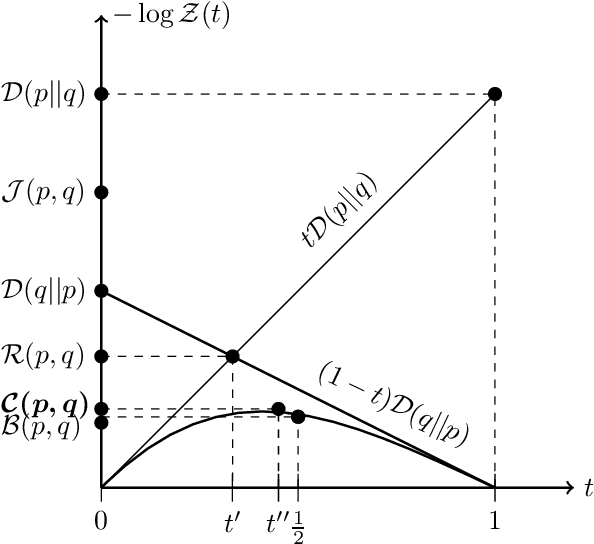On the Information Theoretic Distance Measures and Bidirectional Helmholtz Machines
Paper and Code
Jul 16, 2018

By establishing a connection between bi-directional Helmholtz machines and information theory, we propose a generalized Helmholtz machine. Theoretical and experimental results show that given \textit{shallow} architectures, the generalized model outperforms the previous ones substantially.
 Add to Chrome
Add to Chrome Add to Firefox
Add to Firefox Add to Edge
Add to Edge